Search Results
Search
Filter results
Advanced Filters
Your search returned 190 Solutions
-
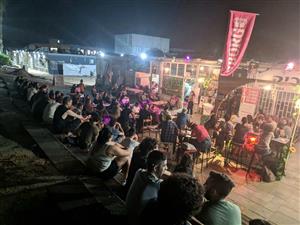
Social and recreational activities for persons with disabilities and their families
Since 2005 the Shekulo Tov Group in Israel has offered ‘SAME’ (Skills, Activity, Mediation, Environment), a large-scale and government-funded social and recreational programme for people with disabilities and their families. Activities take place in real life and online, and range from visits to the cinema to skills training.
Shekulo Tov Group, SAME (Skills Activity Mediation Environment), Israel -
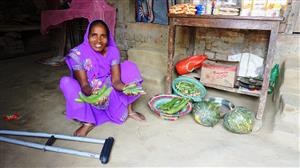
Inclusive organic agriculture farming for all, with approximately half being persons with disabilities
CBM cooperates with local partners across various states of India to train farmers, including people with disabilities, in organic farming and in supporting them by providing community loans for the procurement of equipment and livestock. By 2016 more than 11,000 farmers participated, 4,098 of whom were people with disabilities.
CBM - Christoffel Blind Mission India, India -
Guidelines and toolkits to promote fully accessible schools
The information is based on Indian national codes and space standards, as well as on universal design principles. Together, they provide authorities with infrastructural recommendations. Staff and teachers are assisted with curriculum and classroom materials in accessible formats, e-learning technology solutions, and other educational services.
Samarthyam - National Centre for Accessible Environments, India -
A broad, low-cost, and comprehensive model to create accessible schools
The aim of HOPE is to ensure and to increase the school enrollment of children with and without disabilities in rural areas. This is mainly done through improving school accessibility and by establishing community-based rehabilitation centres, where children with disabilities are readied for school.
Save the Children International, HOPE, Bangladesh -
Increasing diversity by increasing access to legal education
IDIA’s project aims to empower marginalized communities through legal education, to sensitize them to law as a viable career option, and to support interested students in acquiring admission to leading law schools in India. IDIA also attempts to improve policies in the area of inclusive legal education and diversity within the legal profession.
IDIA - Increasing Diversity by Increasing Access to Legal Education, India -
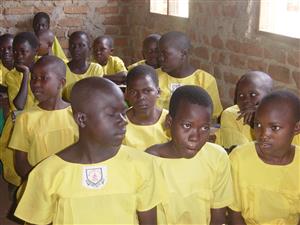
Indian campaign to educate visually-impaired children is going global
The project's aim is to provide guidelines, accessible teaching and learning materials, access to appropriate ICT and provision of capacity building programs for teachers and parents to promote inclusive education for 4 million blind and low vision children throughout the developing world who have no access to education.
ICEVI - International Council for Education of People with Visual Impairment, India -
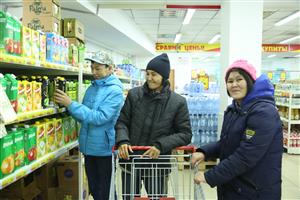
A Home, a Cafe and Employment to Promote Deinstitutionalization
In 2016, the Psychoanalytic Association set up a training café to employ ten people with psychosocial disabilities who had previously lived in closed institutions. As of 2018, the supportive independent living (SIL) programme oversees six group homes, two cafés, and 20 employed beneficiaries, all of whom now live on their own.
Psychoanalytic Association, SIL programme, Kazakhstan -
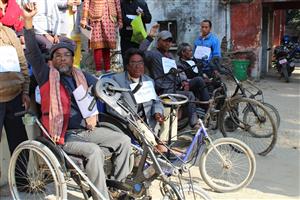
Engaging persons with disabilities in all levels of politics
DEC-N conducts regular dialogue with political parties and local public and non-government bodies to encourage inclusive policies, and an organizational taskforce supports voter registering and participation. Since 2012, some 200 people with disabilities have participated in local planning, 1,055 have registered to vote.
DEC-Nepal - Disable Empowerment and Communication Center, Nepal -
Enfranchising people under guardianship
Till 2013 Japan’s Election Law deprived people under adult guardianship of their right to vote and to stand for elections. In a spectacular court case, the Tokyo District Court condemned this as unconstitutional. The repeal of the discriminatory article led to the enfranchisement of more than 136,000 persons.
Tokyo District Court, REVISION OF ELECTION LAW, Japan -
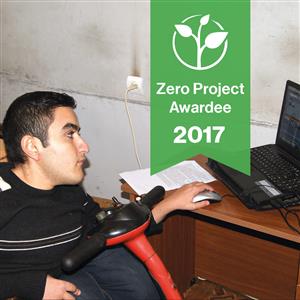
Government supporting community-led micro-enterprises
AREDP supports village inhabitants to create village-based micro-enterprises and to facilitate their access to finance as well as technical and marketing service. During the period 2010–2016, 143 enterprises have been established, creating 143 direct employment opportunities and 456 indirect ones.
Afghan Ministry of Rural Rehabilitation and Development, Afghanistan Rural Enterprise Development Programme (AREDP), Afghanistan